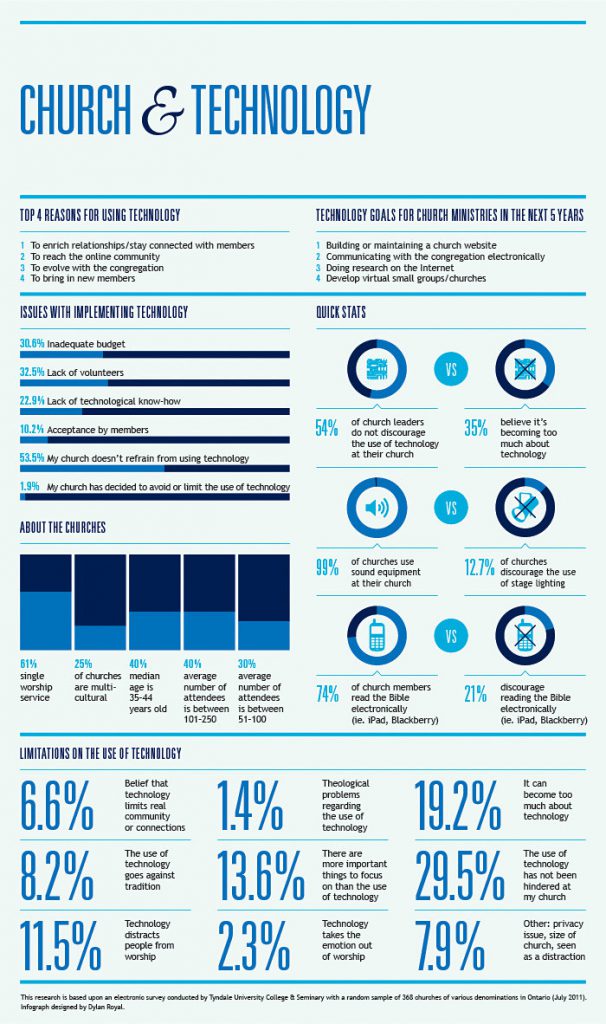Discover The Fascinating Advancement Of Catholic Colleges And Their Profound Influence On Education And Learning-- Could Their Customs Hold The Key To Future Discovering?
Discover The Fascinating Advancement Of Catholic Colleges And Their Profound Influence On Education And Learning-- Could Their Customs Hold The Key To Future Discovering?
Blog Article
Published By-Rytter Berthelsen
When you take into consideration the history of education and learning, Catholic schools stick out for their ingrained customs and long lasting influence. These organizations started as a means to impart faith and values, however they've adjusted extremely over centuries. Today, they play an essential function in shaping not simply scholastic success yet also moral integrity. What's appealing is how they have actually handled to grow amidst altering social landscapes, raising questions about their future significance and impact.
The Origins of Catholic Education And Learning: A Historical Viewpoint
Catholic education traces its roots back over 1,500 years, when very early Christian neighborhoods identified the requirement for organized discovering. You'll locate that these areas aimed to hand down their confidence and worths via education and learning.
Monasteries and cathedral colleges ended up being facilities of learning, supporting both spiritual and intellectual development. As you dive much deeper, you'll see that the curriculum frequently consisted of viewpoint, theology, and the liberal arts, designed to create versatile people.
Gradually, https://cbs4indy.com/news/eden-missionary-baptist-church-senior-pastor-makes-history/ established much more formal institutions, making certain that education remained accessible to all. The commitment to teaching ethical values and cultivating a feeling of neighborhood has actually continued through the centuries, forming the instructional landscape and affecting plenty of lives worldwide.
This enduring legacy continues to motivate Catholic education today.
The Development of Catholic Institutions With Social Contexts
As cultures advanced, so did the role of Catholic schools, adapting to the social contexts in which they existed. In the very early years, these organizations focused primarily on religious direction, yet as areas branched out, they began to include regional languages, custom-mades, and academic requirements.
You would certainly notice that Catholic colleges usually came to be facilities for social communication, promoting a feeling of belonging among pupils from different backgrounds. In https://zenwriting.net/marcel42lin/a-transformative-journey-awaits-as-catholic-education-intertwines-belief-and of areas, they dealt with societal concerns, such as hardship and discrimination, by offering easily accessible education and learning for all.
As you explore different societies, you'll see how Catholic institutions have actually changed their educational program and mentor techniques, mirroring the values and obstacles of their environments while remaining true to their foundational goal of confidence and scholastic excellence.
The Modern Function and Influence of Catholic Schools in Culture
In today's world, Catholic institutions play a vital role fit not just the educational landscape, yet additionally the wider area.
You'll locate that these organizations highlight values like respect, compassion, and social justice, fostering all-around individuals who contribute positively to culture. By concentrating on https://doria-hassan76ethan.technetbloggers.de/the-function-of-catholic-education-in-creating-concern-and-service and ethical development, Catholic schools prepare trainees for future challenges, nurturing vital reasoning and leadership skills.
They commonly serve diverse populaces, bridging spaces in access to high quality education and learning. In addition, you may see their commitment to service, motivating trainees to engage in neighborhood outreach and volunteer work.
This blend of education and moral support makes Catholic institutions a significant pressure, growing responsible residents that can impact their neighborhoods for the better.
Final thought
Finally, Catholic institutions have a rich background that's shaped their long-lasting effect on society. You've seen exactly how they've adjusted to different social contexts while maintaining a dedication to faith, worths, and scholastic excellence. Today, they remain to play an important role in fostering area, promoting social justice, and nurturing liable citizens. As you reflect on their tradition, it's clear that Catholic schools remain a powerful force for favorable modification on the planet.
